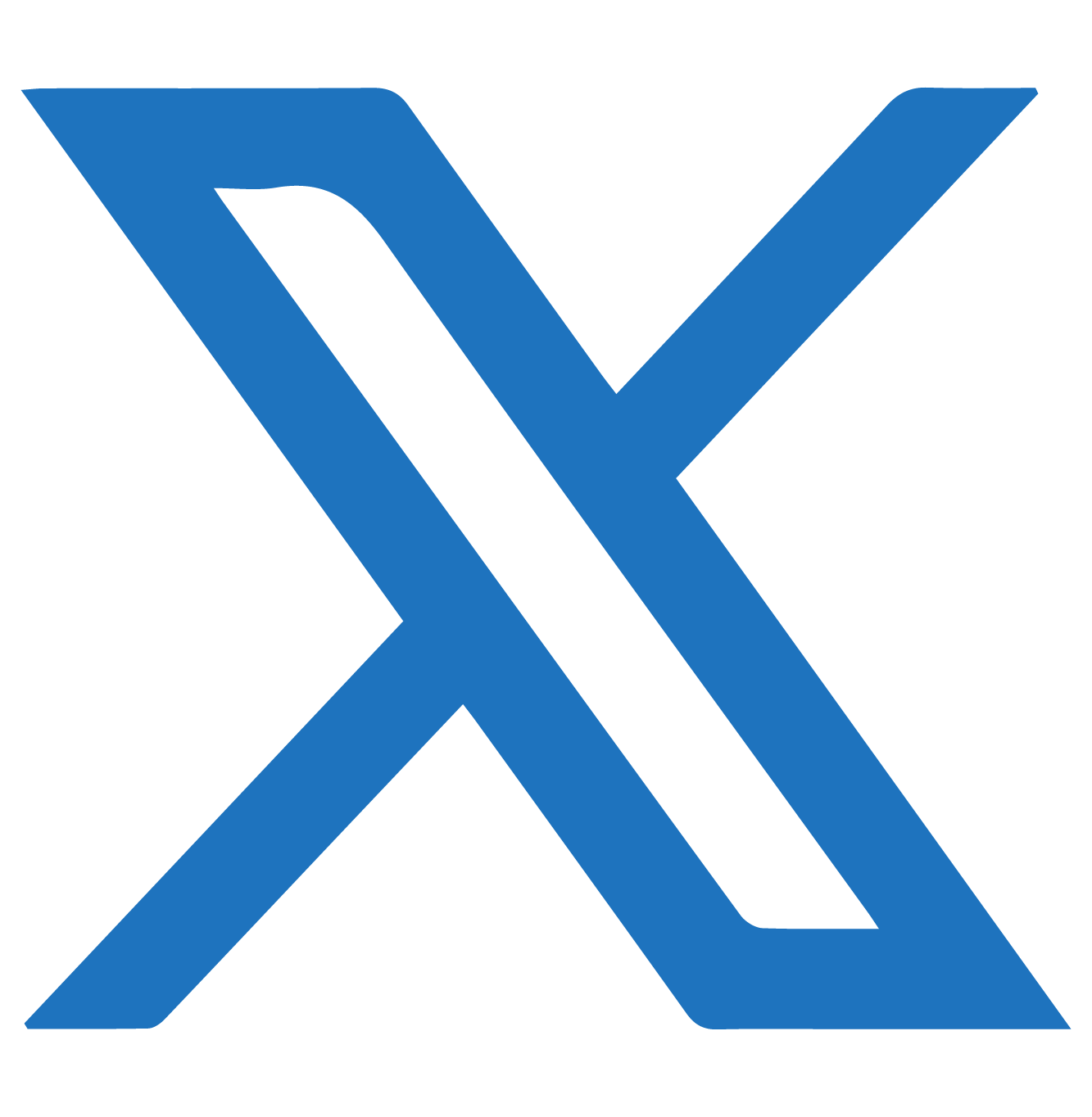
- Date: Jun 16, 2021
- Category:
NLP (Natural Language Processing) is a branch of Artificial Intelligence that enables the ability of the computers to comprehend and interpret human speech terms and text. Natural Language Processing is the process of utilizing the computer algorithms to detect key elements in day-to-day language and extract meaning or information from unstructured inputs (spoken or written).
NLP processes unstructured data from different sources like EMR (Electronic Medical Records), literature and social media. In general, NLP utilizes the AI to extract unstructured data from EHRs (Electronic Health Records) or other HIS (Health Information Systems). NLP transforms the text to structured data, which is utilized by the health systems to categorize patients, extract insights, and summarize information.
Image Source: healthcatalyst.com
NLP supports the analytics systems to comprehend and work with unstructured data by leveraging Artificial Intelligence (AI). NLP requires specialized expertise in artificial intelligence, computational linguistics, and other disciples of machine learning.
How Healthcare NLP Taps Unstructured Data’s Potential?
Data management in the healthcare industry is sophisticated. Unstructured data is the most exigent and challenging aspect of the industry. Stringent compliance regulations like HIPAA and GDPR, increased adoption of EHRs, healthcare data interoperability), complications related to MACRA (Medicare Access and CHIP Reauthorization Act), and proliferation of healthcare data has led to the complexity of collecting, processing, and analyzing the healthcare data.
The listed above factors has also reinforced the improvisation of healthcare delivery and outcomes by implementing analytics driven opportunities in healthcare firms. However, the healthcare NLP serves as an exceptional tool to succor in unlocking the potential of this information.
Enterprises are enhancing their potential to acquire actionable insights from healthcare data. By implementing the right technology, NLP can enhance the interaction with EHRs and deliver the insights efficiently from the heap of unstructured data. To deploy and derive the prime benefits of NLP, quality of the data is the chief constraint. NLP won’t help you with the imprecise, incomplete, and inconsistent data.
“The global NLP market, which was valued as USD 9.2 billion in 2019, is anticipated to grow at a CAGR of 18.4 percent during the forecast period (2020-2028)”
What are the Healthcare NLP Use Cases?
Below listed are the NLP healthcare use cases.
Enhancement in Clinical Documentation
Clinical documentation serves as the advancement and evolution of machine learning in the healthcare industry. This facility has enabled enhanced focus on the patient care and the delivery from the physicians, by facilitating the manual and sophisticated structure of the EHRs. This comes into act by capturing structures data at the point of care through speech-to-text dictation and formulated data entry.
Speech Recognition
Over the years, the evolution of NLP in the use case of speech recognition has enabled clinicians to transcribe notes for beneficial EHR data entry.
Front-End Speech Recognition
facilitates the task of physicians through dictation of notes, instead of sitting at a point of care. Before sending the transcription for human proofing, back-end speech recognition technology aims to discover and fix flaws and errors in the transcription.
Data Mining Research
The amalgamation of data mining and healthcare systems in the enterprises enables beneficial medical know-how by minimizing the subjectivity levels in decision-making. Any HCO (Healthcare Organization) can emerge with a good business strategy to deliver enhanced patient care by deploying data mining as a cyclic technology for knowledge discovery.
CAC Coding
Coder accuracy can be improvised by NLP driven CAC (Computer Assisted Coding). To maximize the claims by capturing each and every code, CAC coding extracts data about all the procedures and therapies.
Automated Registry Reporting
When measures such as ejection fraction are not stored as discrete values, regulatory reporting becomes as a burden to healthcare IT systems. For automated registry reporting, when an ejection fraction is captured as a part of a note, healthcare systems must detect it and preserve each value in a beneficial format that can be utilized by the analytics platform of the enterprise.
Implementing Predictive Analysis in Healthcare
To enhance significant population health concerns, NLP offers the ability to enable predictive analytics. Deploying predictive analysis in amalgamation with NLP in healthcare figures out the high-risk patients, and aid in the improvement process of the analysis process.
Uses of Healthcare NLP
- Enhance Patient-Provider Interactions with HER
NLP can be a magnificent way to combat the distress related to EHR. NLP solutions can facilitate the understanding of complex terms that are related to the patient’s health.
- Increasing Patient Health Awareness
Even though the healthcare data of patients can be accessed using an HER system, only a fraction of patients can utilize their medical data to take health decisions. Deploying machine learning in healthcare can change this situation by facilitating the comprehending of information.
- Enhanced Care Quality
HCOs can succor in detecting the potential errors and gaps in care delivery, by evaluating the physician performance through value-based reimbursement. NLP tools serves as a better option to evaluate and enhance the care quality.
- Discover Patients with Critical Care Requirements
NLP algorithms assist the physicians with the beneficial tools to treat patients with complex issues by extracting the crucial information from large data sets.
Image Source: imaginea.com
Healthcare Marketing in NLP
“During the forecast period, the global NLP in healthcare and life sciences market is size is anticipated to grow from USD 1.5 billion in 2020 to USD 3.7 billion by 2025, at a CAGR of 20.5 percent”
The rising impulse for predictive analysis to mitigate the risks and enhance the concerns related to health, and evolving demand for upgrading the data usability of EHR to improve the patient care are the significant growth factors of the NLP in healthcare market.
“During the forecast period, the global NLP market size is projected to grow from USD 11.6 billion in 2020 to USD 35.1 billion by 2026, at a CAGR of 20.3 percent”
The data proliferation has made the adoption of NLP solutions mandatory in healthcare organizations. Deploying NLP solutions assists the clinicians, researchers, and physicians by facilitating the decision-making procedure. NLP solutions enable healthcare providers to enhance the service experiences for patients by granting social media access from clinical reports, sites and search engines. It also cuts down the operational cost by evading the need of paper-based clinical documentation procedures.
Healthcare Trends in NLP
The evolving trends of data-based solutions and digitalization to improvise the healthcare delivery systems is the driving factor of the NLP in healthcare marketing. Data collection and management will notice positive effects in the healthcare markets, due to the rapidly increasing trend of bringing enhanced treatments to the healthcare markets at an expeditious rate.
To extract systematized health and clinical data, we need to streamline and accelerate the NLP processes. This can be done by amalgamating automation tools such as NLP, AI and RPA (Robotic Process Automation). Blending electronic patient data and information documentation with one another can assist in acquiring curated insights as output from the heap of unstructured data (input). The only way to drive the futurology of obtaining a standardized workflow is to integrate the three technologies. The future of the healthcare will solely rely on NLP!
Wrapping Up!
NLP in the healthcare sector has boundless and never-ending potential. The triumph of NLP in the healthcare sector solely relies on the development of top-notch and high-level algorithms that are health-specific, and development of user interfaces that can facilitate the clinical decision. NLP can exceptionally succor in the extraction, presentation, and management of unstructured data, and can aid in unleashing the infinite possibilities that reinforce the healthcare industry.







